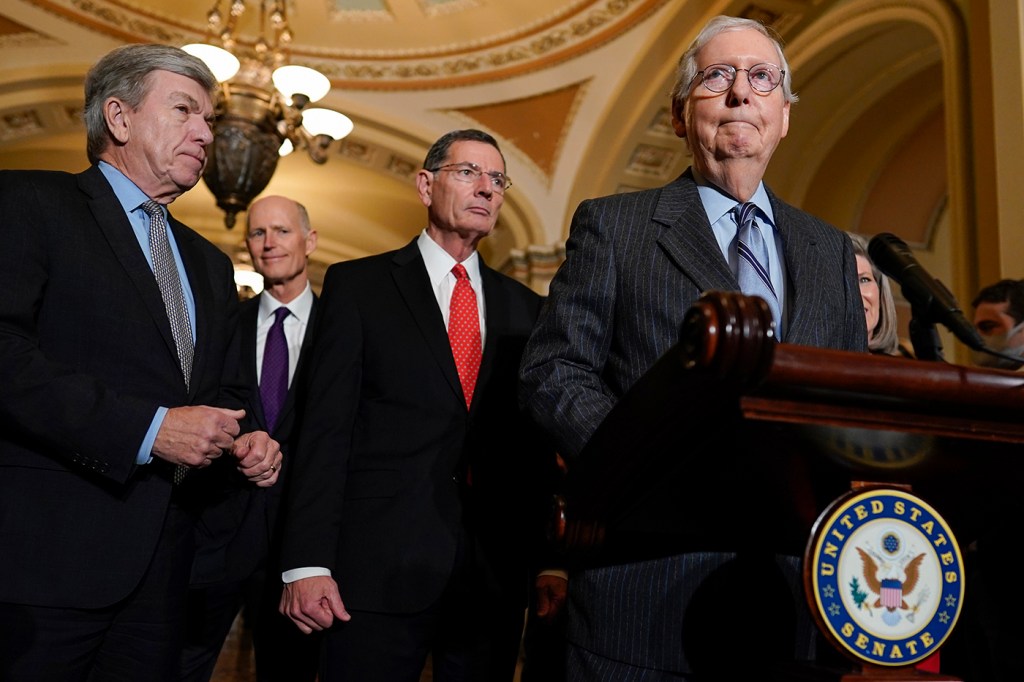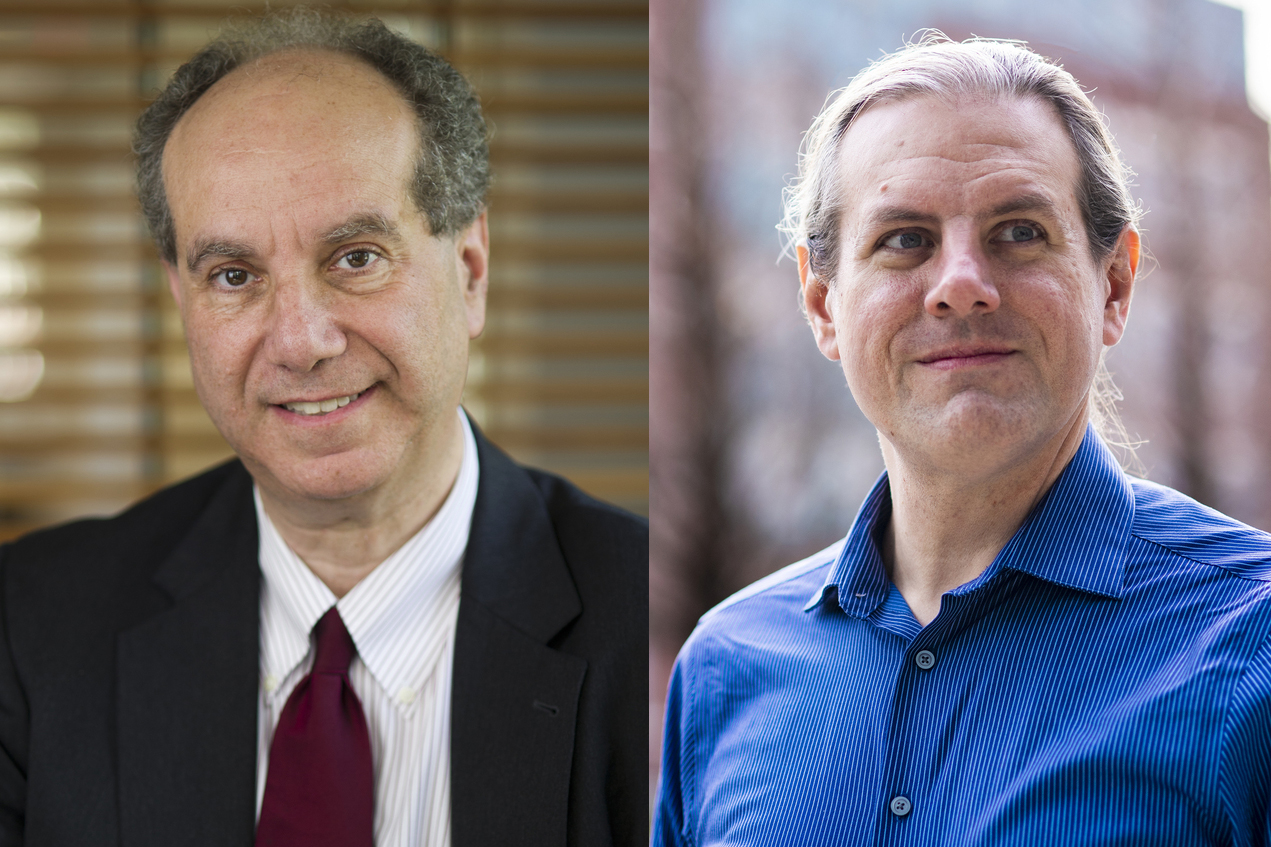Should there be a maximum age limit for elected politicians?

If it seems like the elected leadership in the United States today is much older than those in charge in the past, it’s not just your imagination.
President Joe Biden, at 80, is the oldest president in U.S. history, surpassing his predecessor, Donald Trump, who—elected in 2016 at 70 years of age—now sits in second place. The current 118th Congress is also the oldest it has been in two decades, a fact on display last week when Sen. Mitch McConnell suddenly froze during a press conference and Sen. Dianne Feinstein began delivering a speech out of turn during a Senate Appropriations Committee hearing. McConnell is 81 and Feinstein is 90.

Recent polling found that more than half of Americans support a maximum age limit for elected officials to hold office, and prominent public figures including Elon Musk and former President Jimmy Carter have expressed desires to see limitations put in place.
The question of “how old is too old” for politicians seeking public office is not often framed as a policy question, says Jeremy Paul, professor of law and former dean of Northeastern’s School of Law. But the question of whether there should be term limits as opposed to age limits might better address some of the concerns the public have with politicians—lawmakers specifically—clinging to positions of power well into old age.
“There has been a very robust movement in the country for term limits for a very long time,” Paul says.
The criticisms of term limits are well known, Paul says. Term limits can stymie officeholders from gaining institutional experience and clout, making it more difficult to build relationships necessary to get legislation moving through Congress. That includes relationships with other members and lobbyists. “In general, I think term limits are a bad idea,” Paul says.
But proponents of term limits argue that the current federal system encourages careerism in politics, and that limitations would restore competition and ensure rotation—helping to drain the so-called “swamp.” While there are no term limits on federal lawmakers, more than a dozen states have implemented them over the last couple of decades.
Arguments that could be made for age limits, on the other hand, run the risk of promoting age discrimination. While people have questioned the mental acuity of politicians such as Biden and Trump, life expectancy has been increasing, meaning “there are more politically relevant generations than ever before”—and more politicians capable of performing their duties as they age, Paul says.
Additionally, how would voters determine how old is too old?
“Whatever we think of the wisdom or merits of imposing age maximums for politicians, it would be extremely, extremely difficult to implement at the federal level,” Paul says.
